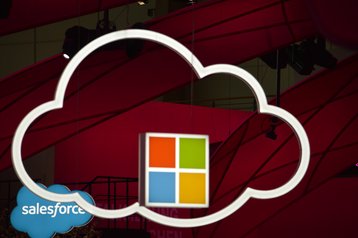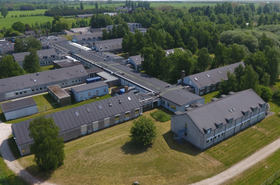German telecommunications provider Deutsche Telekom is deepening its ties with Microsoft, shifting workloads to Azure and offering customers access to the company’s cloud and AI services via its Cloud Migration Framework.
Telekom plans to migrate the majority of its internal IT workloads to the public cloud by 2025, with Azure "central" to that strategy - although the company did not rule out using other cloud services.
Something in it for everyone
Deutsche previously partnered with Microsoft to run the company's local data center footprint - in 2015, the cloud giant handed over German Azure operations to the telco's subsidiary T-Systems so that data was outside of the reach of US courts. The complex set up meant that Microsoft owned the data centers and services, but T-Systems owned the data, putting it in the hands of a non-US business.
But in 2018, Microsoft announced that it would be discontinuing the data trustee partnership and fully operating its own facilities in Germany, as the system proved more costly and failed to entice customers. Its current system follows GDPR and local data residency laws.
Under the new arrangement, Deutsche Telekom will offer customers access to Azure cloud services, including ExpressRoute, which it says will not only improve customers’ regional connectivity but will help navigate local compliance and data residency regulations.
The company’s enterprise arm, T-Systems, whose data center consolidation plan saw it downsize its physical footprint from 89 data centers to 13 between 2018 and 2019, will also offer customers access to Azure via its Cloud Migration Framework, a service which includes an automated assessment, cloud migration, and services management.
"This partnership will enable us to enhance services for our customers," said T-Systems CEO Adel Al-Saleh. "We will also be supporting each other with digitalization and network build-out."
Deutsche Telekom will offer customers access to Microsoft 365, and is planning to promote cloud-based IT systems at schools across Germany, increasing the use of remote-learning software including Microsoft Teams, as well as the use of the company’s equipment.




